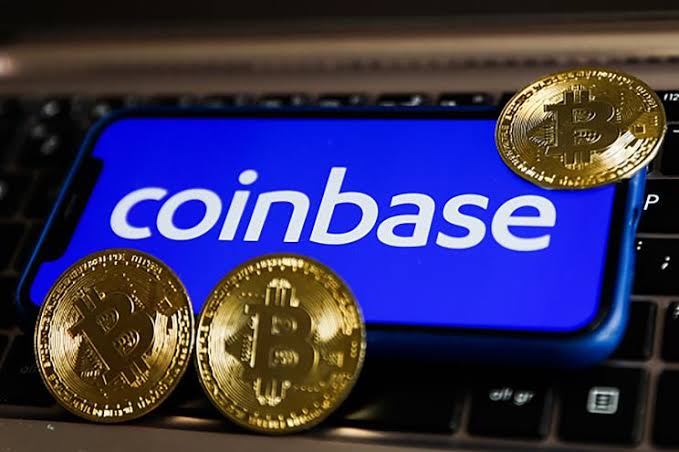U.S. SEC threatens to sue Coinbase over some crypto products
Share prices of Coinbase Global Corp. ended up falling 13 percent in premarket trading after the U.S. Securities and Exchange Commission sent out an announcement stating its intention to suggest punitive action in opposition to the crypto exchange’s products on Thursday.

“We asked the SEC specifically to identify which assets on our platforms they believe may be securities, and they declined to do so,” Coinbase said.
Source: zawya.com
Global regulatory authorities are paying close attention to the cryptocurrency market after a number of high-profile implosions annihilated more than a trillion dollars from the digital money industry’s market capitalization the previous year.
Also Read: Trump returns to YouTube and Facebook after a two-year ban
“This news illustrates the regulatory headwinds and uncertainty facing the crypto industry in the U.S. under the current administration,” said analysts at BofA Global Research.
Source: zawya.com
In the aftereffects of the chaos, the SEC had also brought up examination over some of the crypto services as well as the way companies hold clients’ funds.
Experts at brokerage KBW stated in a remark that they anticipated the SEC to end up serving Coinbase with a Wells warning, and they believe the step will probably generate a cloud over the crypto exchange’s shares.
According to the corporation, the regulatory action is probably connected to facets of Coinbase’s spot section in addition to its staking facility Earn, Prime, as well as Wallet products.
Staking is a procedure during which cryptocurrency owners sign up to participate in the validation of blockchain transactions. These products frequently provide customers with astounding yields.
Kraken consented last month to close down its cryptocurrency staking facility in the United States but also pay 30 million USD in penalties to resolve SEC indictments that it didn’t register for the program.
Sooner in the day, the Securities and Exchange Commission accused Justin Sun, The Chinese cryptocurrency entrepreneur of fraud and accused eight public figures, along with actress Lindsay Lohan, of unlawfully publicizing his crypto assets.
Also Read: Amazon to Cut 9,000 More Jobs, Deepening Biggest Pullback Ever
However, TD Cowen experts think through litigation we can clarify how the rules apply to crypto strategies.
“Litigation is especially important now as the banking crisis has made it even less likely that Congress will enact a regulatory regime for crypto before the 2024 presidential election,” the brokerage wrote in a note.
Source: economictimes.indiatimes.com
Coinbase stated that its services remained operational following the issuance of the notice.
A Wells letter does not always lead to charges or indicate that the receiver has broken the law.

I am a student pursuing my bachelor’s in information technology. I have a interest in writing so, I am working a freelance content writer because I enjoy writing. I also write poetries. I believe in the quote by anne frank “paper has more patience than person

